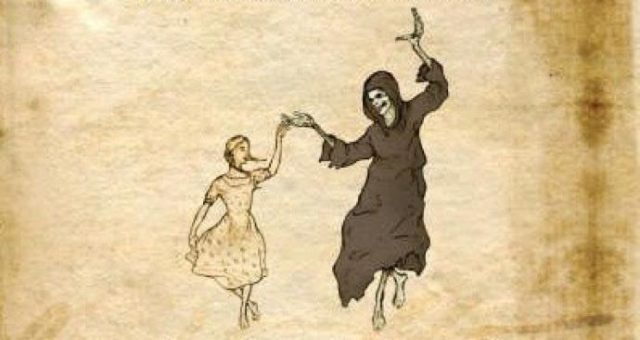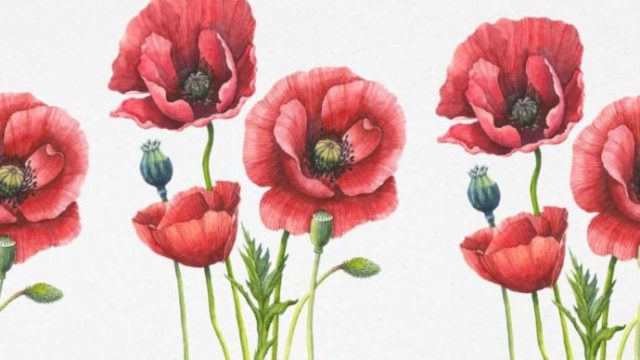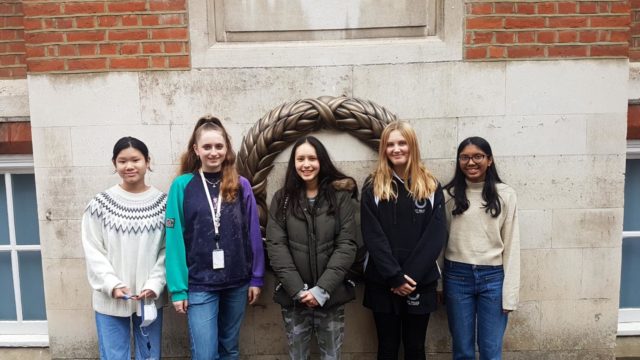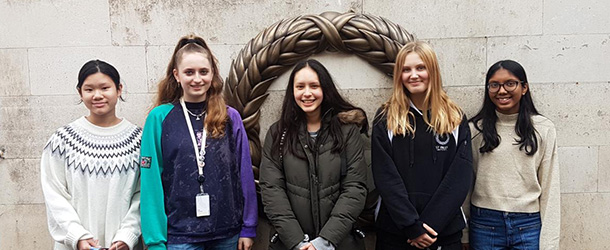iPaulina

“It kills me sometimes, how people die”
The recurring character of Death in literature and its significanceI’m sure you have read ‘The Book Thief’ by Markus Zusak, and therefore know what I’m getting at here. But if you haven’t read ‘The Book Thief’, here’s the link: the narrator of this novel is Death himself. He proves to be a surprisingly engaging narrator with his wry humour and unexpectedly philosophical thoughts about the ugliness and beauty within humans. Not only does he comment on his ever changing perception of humans, but also endeavours to correct human perceptions of him. The novel opens with him assuring the reader of his just, amiable character, and at one point in the novel, he claims “Even death has a heart.” This heart is what allows Death to also feel remorse and weariness at having to do his duty of ferrying souls around, whilst simultaneously allowing the reader to empathise with a fairly atypical character. Dare I say it, thanks to Marcus Zusak, Death seems rather… human.
However, why is there such an obsession with making death a character in literature? In Neil Gaiman’s comic book series, ‘The Sandman’, Death is portrayed as a feisty yet caring young woman, taking an active interest in the lives of the people that she eventually ends. I don’t know about you, but I’m sensing a theme here.
Another example can be found in the novel ‘Their Eyes Were Watching God’ by Zora Neale Hurston, where the protagonist Janie shares her perception of Death. Though the reader is not intimately acquainted with Death in this novel (as they are in ‘The Book Thief’), the reader does get a clear sense of the human qualities Janie imagines him to have. She envisions him living in a house, (seemingly very human), but also shares one strange detail with the reader – how she pictures Death to have huge toes. I’m not going to lie – this really creeped me out. But here we have it again: the obsession with making death a human-like character in literature. Why do we feel the need to do this? Does this familiarisation with death make it less scary?
Maybe it’s to do with our apparent innate human tendency to turn things that we don’t understand into something recognisable to us… or maybe it’s just because some authors thought that being able to talk to death would be pretty cool. Either way, the portrayal of death as something we can relate to never ceases to make a fascinating read.
Neha VI







